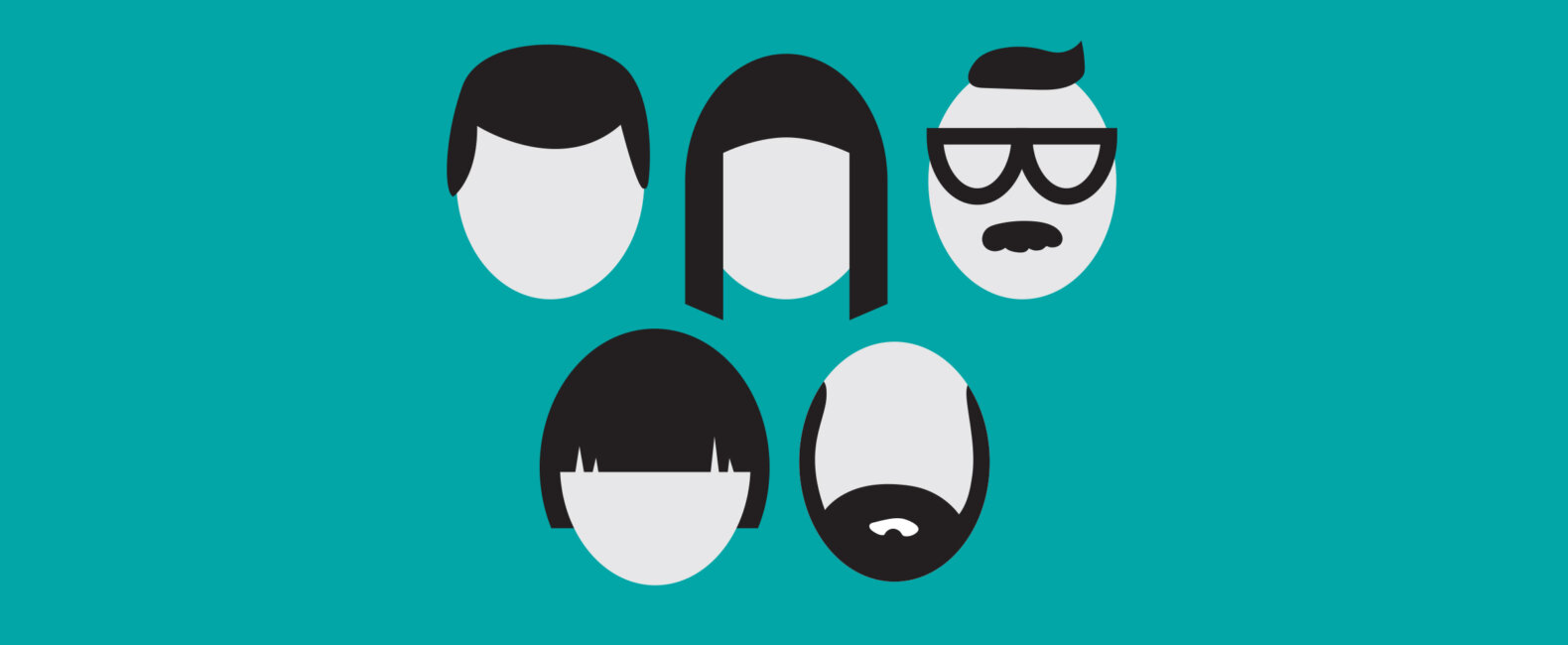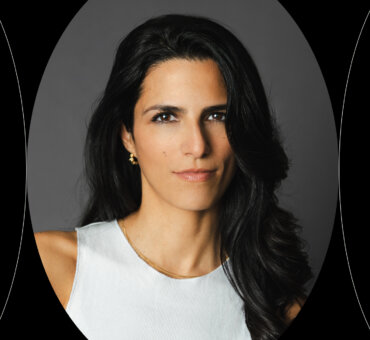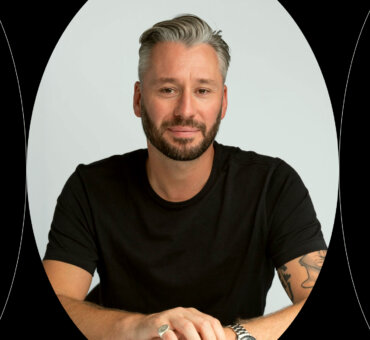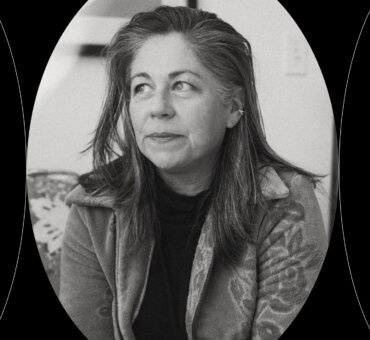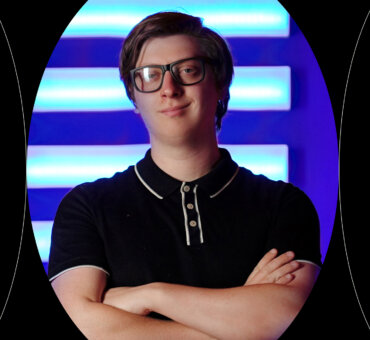Creativity and loneliness seem to go hand in hand. Some even believe loneliness is essential to creativity — not only as a by-product, but also a catalyst. A study from Johns Hopkins University found that people who were socially rejected early in their life tend to be the most creative. Rejection becomes their “fuel.” This explains why creative people are usually pretty weird. They are literally “out there.” On the fringe. Refusing to conform. Which can (a) make their work meaningful, and (b) make their work impossible.
Isolation can prove deadly. As we move beyond the myth of the creative, self-destructive genius and search for more modern approaches to sustainable creativity, there seems to be no escaping the need to build and then surround ourselves with a healthy community. In our experience, we’ve found there are 5 types of people every creative needs in his or her life. If you should find one of them, hold on for dear life:

1. CHEERLEADER
The pains of a creative life far outweigh the glories. It’s just math. You will be rejected 10 times for every acceptance. You will doubt your ability, your work, yourself. So it’s helpful ⎯ especially early on ⎯ to find a Cheerleader, a person who encourages you to stick with it. Because sticking with it is half the battle. Maybe even the whole battle. As Ira Glass famously explained, we all go through a “taste gap”:
Nobody tells people who are beginners — and I really wish somebody had told this to me — is that all of us who do creative work… we get into it because we have good taste. But it’s like there’s a gap, that for the first couple years that you’re making stuff, what you’re making isn’t so good… It’s trying to be good, it has ambition to be good, but it’s not quite that good. But your taste — the thing that got you into the game — your taste is still killer, and your taste is good enough that you can tell what you’re making is kind of a disappointment to you…
A lot of people never get past that phase. A lot of people at that point, they quit…. Most everybody I know who does interesting creative work, they went through a phase of years where they had really good taste and they could tell what they were making wasn’t as good as they wanted it to be.
We’ve lost more amazing talents to the taste gap than we’ll ever know. Times will come when you’ll want to quit. But you can’t quit because this is who you are. So you need a Cheerleader for when you can’t cheer yourself on any longer: a spouse, a significant other, a good friend, a mentor, somebody who sees your potential and won’t let you give up on it.

2. REALIST
Creative people are dreamers. They have big, impossible ideas that sometimes become battery-powered cars. But usually their dreams live and die inside their own heads. Dreaming can be a huge distraction from creating. That’s why you need a Realist in your life. Not a downer, but someone who understands the realities of making something happen. The person who gives you a funny look when you claim your passion project short film requires a million-dollar budget. The person who isn’t so sure that your first feature film is going to Sundance. Not only do these people help you keep your expectations grounded, but they also help you work toward something creatable, which is the whole point. Dream big — and keep your Realist close.

3. CRITIC
The longer a person has been creating work, the more he or she values good feedback. Good feedback comes from someone who understands not only your craft in
On one hand, this person isn’t a critic in the traditional sense. They’re not handing out a rating, or a thumbs up or down. But it’s easy to surround yourself with people who will pat you on the back every time you post something to Vimeo. It is far more valuable to have someone in your life who can see your work for what it really is — and help you see it for what it is. They’ll give you honest critiques, information given out of respect and trust. Having a Critic in your life may be the most creatively valuable relationship you can have. Buy your Critic a beer.

4. COLLABORATOR
This doesn’t have to be someone with whom you’d share a directing or producing credit. It doesn’t even have to be someone you work with on a regular basis. Your Collaborator is simply a person with whom you can dream, evolve your current ideas, and create new ideas. Someone you’d call whenever inspiration strikes. This person is not your Cheerleader or Critic. He is your brother in arms. A fellow foot soldier of cinema.
One group that has perfected the art of finding Collaborators is the Brooklyn Filmmakers Collective (BFC). Landon Van Soest, one of the founders, explains…
Filmmaking can be a really isolating process, especially for those of us interested in nontraditional approaches. We pour ourselves into projects that often span several years, with precious little outside support and no guarantee that anyone will ever see our work. So it’s easy to get lost in yourself. Having a community around you to support and push and challenge what you’re doing is essential.

5. SOMEONE WHO DOESN’T CARE ABOUT YOUR WORK AT ALL
Creative people get weird when they associate only with each other. You can see their work turn. Filmmakers begin making films for other filmmakers, rather than a purpose outside of the film itself, or an audience at large. An infinite feedback loop is formed. So value the people in your life who don’t care about your craft. Who haven’t seen your latest visual poem. Who just want to watch a Tom Cruise flick because who doesn’t love Tom Cruise? Find people who don’t care — not just about your work, but the art and technique of filmmaking in general. They may have the most honest perspective out there.
Hang out with people who like to make things out of wood. Hang out with people who bake. Hang out with a guy who is really into his motorcycle. That is where real life is happening. And if creative people get too far removed from real life, they soon become irrelevant.
Creative people might live on the fringe, but that doesn’t mean we can’t find people to camp with while we’re out there. It doesn’t take very many, but having the right people speaking into your life and your work will make all the difference.















































































